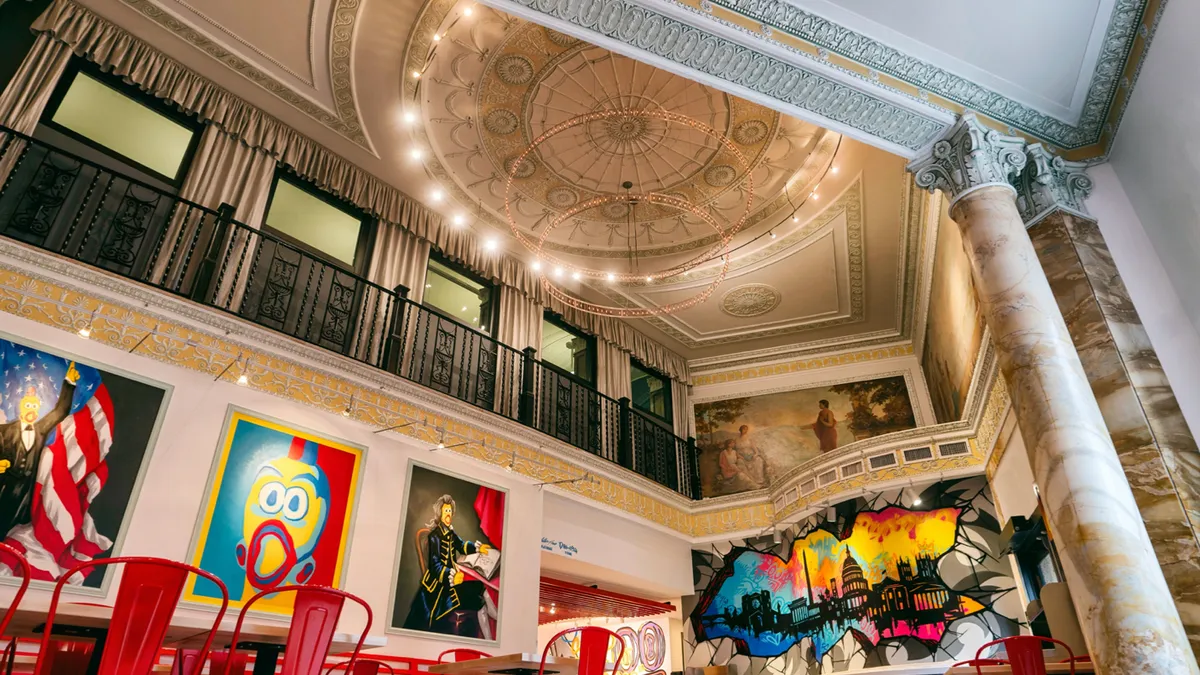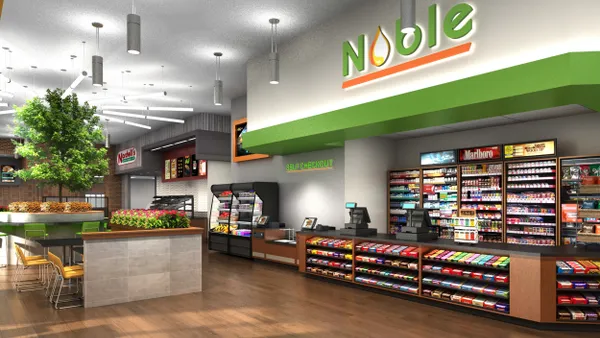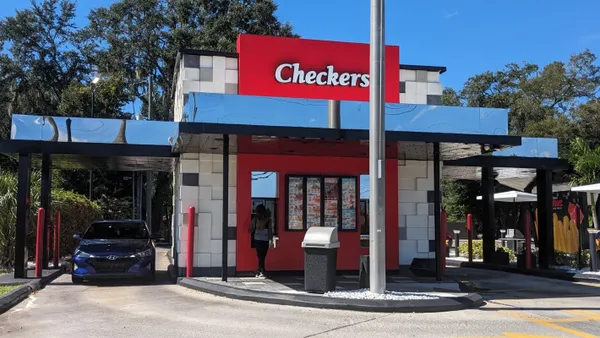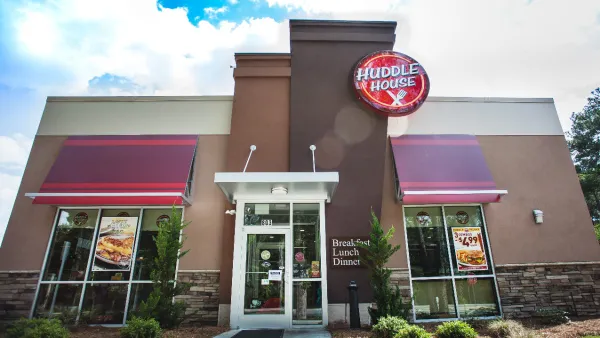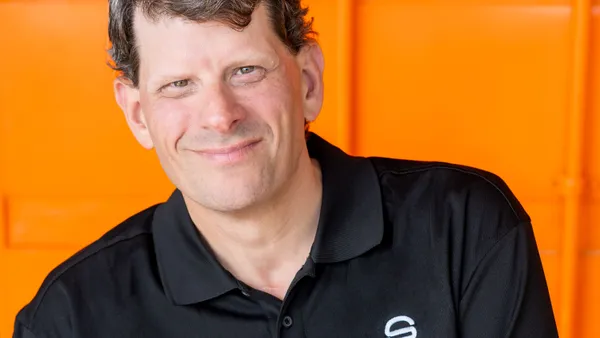Editor’s note: This article is part of an ongoing franchise series, which highlights brands that are new to or aggressively expanding via franchising. Is your restaurant starting to franchise? Email us at [email protected].
Dave’s Hot Chicken is on an expansion tear, with more than 700 units in its development pipeline and plans to open between 70 and 100 annually. Dave’s brand story is dramatic: a group of friends selling chicken out of a parking lot in Los Angeles in 2017 got noticed by social media and local reporters. About a year later, they opened their first restaurant.
A key driver of its success? A large portion of its C-suite is made up of franchisees, said Carolyne Canady, chief development officer at Dave’s Hot Chicken.
The presence of franchisees in the brand’s leadership was important to CEO Bill Phelps, one of the first major investors in Blaze Pizza, because it makes Dave’s hyper aware of the impact of operational changes, Canady said.
“It makes us a better franchisor,” Canady said. “We make great decisions because we are in the same shoes as our franchisees.”
Canady herself operates two franchised stores. Phelps recruited her to become a Dave’s operator in 2020, and hired her as CDO toward the end of that year, Canady said. President and COO Jim Bitticks, CFO James McGehee and VP of Franchise Support/Training Juan Lopez co-own two stores together.
Dave’s is searching for multi-unit, experienced franchisees like Kelly Jackson, who last week opened the chain’s flagship store in the Washington, D.C., market: a 5,200-square-foot behemoth in an old theater in the Columbia Heights neighborhood.
Before franchising with Dave’s, Jackson was a Panera franchisee. In 2019, she operated at least 15 Panera bread restaurants, though she did not say how many Panera units she currently operates. Jackson is something like restaurant royalty. Her father, Rick Postle, was president of Wendy’s USA and Canada from 1972 to 1988, COO for KFC USA from 1991 to 1994, and president of Panera from 1995 to 2003.
The chain can focus on recruiting experienced franchisees in part because of CEO Bill Phelps’ long-standing relationship with Performance Food Group, a major foodservice supply company, dating back to Phelps’ days at the helm of Blaze Pizza and before that, Wetzel’s Pretzels. This partnership gives Dave’s access to a national supply chain.
Dave's Hot Chicken unit growth
Dave’s strategy seems to be working. The brand has charted meteoric growth, expanding from two units at the start of 2020 to 118 units in March. Total revenue has also exploded, according to the FDD, from $180,073 in the year ending Jan. 5, 2020, to over $17.6 million in the year ending Jan. 2, 2022. Dave’s declined to share estimates of revenue for the year ended January 2023.
At the ICR conference in Orlando in January, Dave’s executives told investors it has reached $2.7 million in AUVs and expects systemwide sales to surpass $400 million in 2023.
Development plans: Dave’s doesn’t have a specific development target, though Canady said she can see it growing to 1,000 units as it targets 70 to 100 annual openings for the next few years.
Dave’s is pursuing high-traffic locations, eschewing drive-thrus when entering new markets at a time when other fast casuals are doubling down on the channel. Dave’s, Canady said, is probably a little too expensive to feel like drive-thru food, so the brand wants consumers’ first experience to be with its physical locations, which are decorated with bright graffiti, before it opens drive-thrus. As brand awareness has grown, it has built some drive-thrus in select markets.
“We're kind of agnostic to drive-thru,” Canady said. “If it's the first store entering a market, we'd prefer it not to be a drive-thru because there is a certain perception with drive-thrus.”
To achieve that brand familiarity, Dave’s focuses on what it calls “tier one” trade areas, which Canady classified as highly visible, high-traffic areas. The brand likes to put its first and often second units in the tier one areas of a market.
“The number one decision you're ever going to make, that's going to determine your success or not, is where you put your store, the real estate, because if you do it wrong, if you miss, you can't outwork it or out execute it,” Canady said.
Ideal franchisees: Dave’s only partners with very experienced multi-unit operators, Canady said. According to Dave’s site, the brand is only interested in franchisees who already operate five or more QSR or fast casual restaurants and who have a $5 million net worth and $2.5 million in liquid assets. The combination of experienced, highly liquid franchisees and units that generate dramatic word of mouth is central to Dave’s expansion strategy, Canady said. Experienced operators are more important than geographic location.
“Our strategy has always been that we're going to go where the great operator is.” Canady said.
Correction: In a previous version of this article, Bill Phelps’ relationship with Blaze Pizza was misidentified. He was one of the first major investors in the brand.



